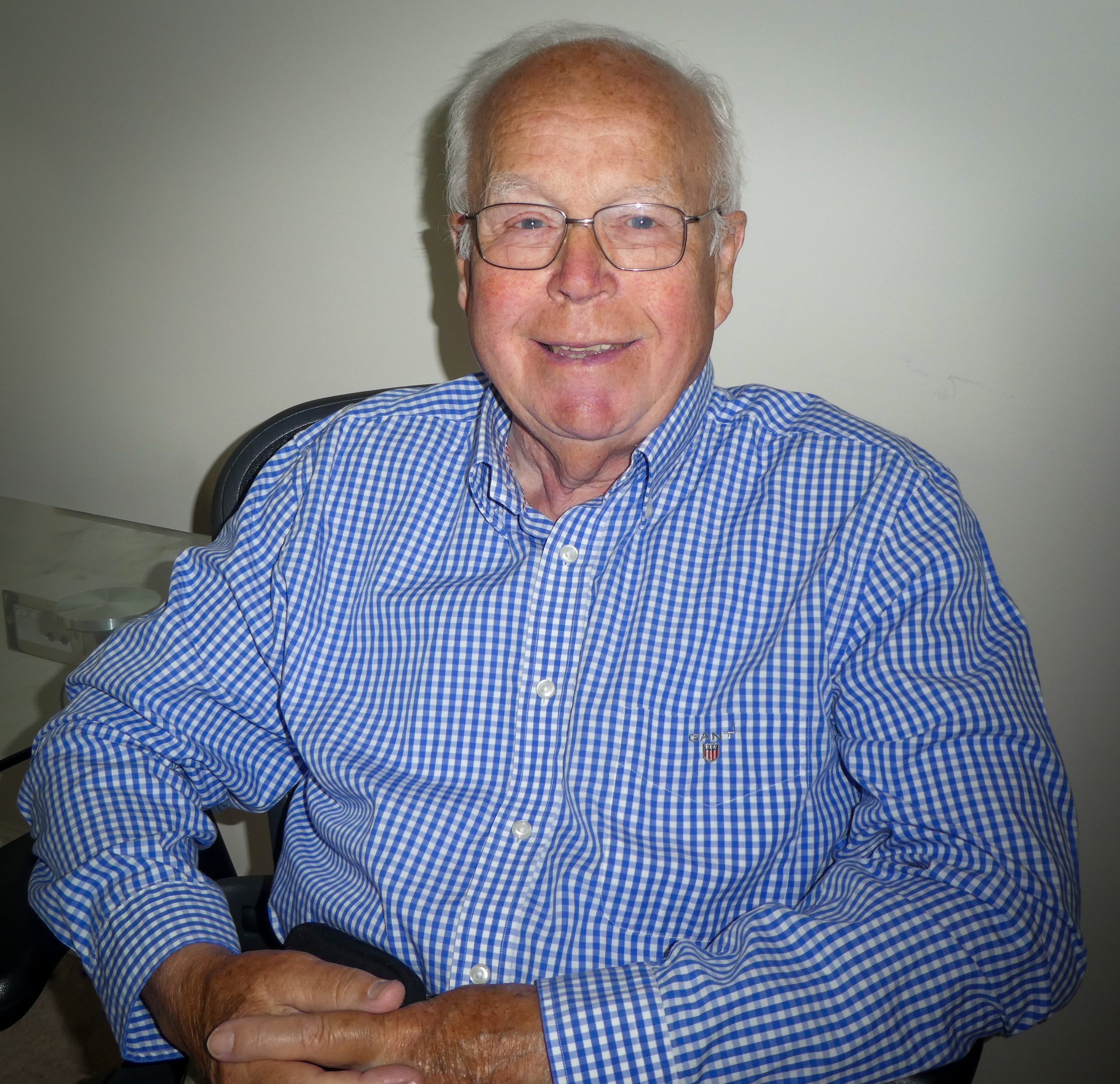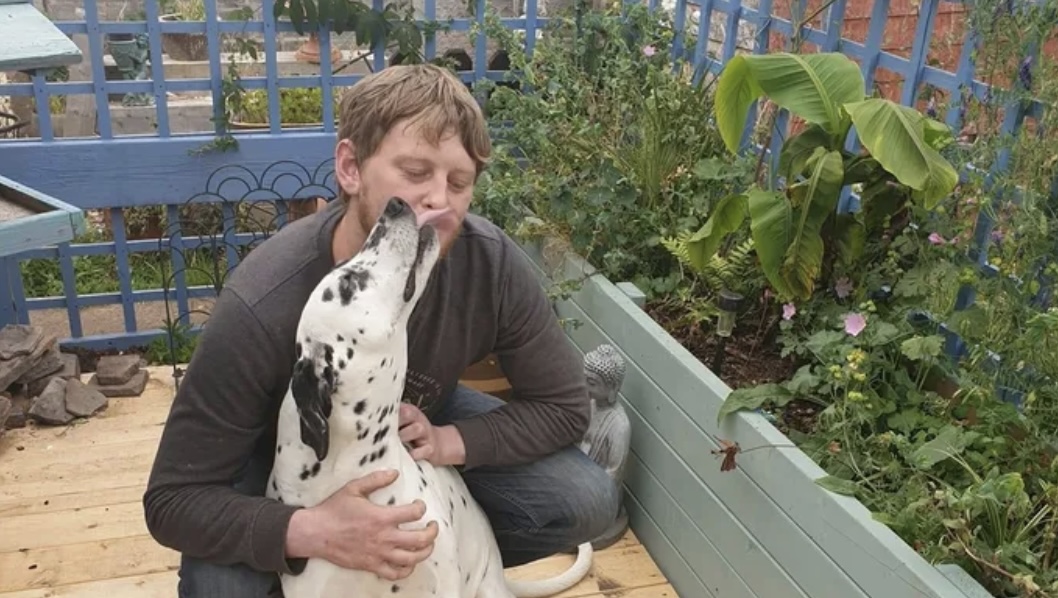Bryony, a 24-year-old woman from Herefordshire, has recovered from anorexia and is now using her experiences to help others with Beat, the UK’s eating disorder charity.
Bryony has been a SharED volunteer at Beat for over two years where she is a listening ear for the people who need it most. This involves sharing recovery tips, listening to people’s concerns and helping them to feel less alone.
For Volunteers’ Week 2023, Bryony is raising awareness of eating disorders and encouraging others to volunteer with Beat.
Bryony says: ‘I started my recovery from anorexia when I was around 13 years old when I got support from mental health services. With the help of my family, I entered a fuller state of recovery in my early 20s.
‘Volunteering with Beat makes me feel like I have been able to make something positive come from my experiences, which can hopefully make other people’s process of reaching out for support and starting recovery much more positive too.
‘I enjoy helping people see that there can be hope and a light at the end of what can seem like a very dark, very long tunnel at times.’
Bryony also volunteers with Beat’s digital helpline team where she spends two hours a week helping people who are unwell via messages, emails and the helpline. ‘The helpline can be a lifeline for people who are reaching out for support for the first time or if they are waiting to get professional help,’ Bryony says.
‘It feels good to be able to contribute to a service which can act like a middle-man helping people navigate their recovery.’
Johanna Douglas, SharED Volunteer Coordinator at Beat says: ‘We are incredibly grateful to Bryony for her dedication to helping people with eating disorders! Eating disorders are very complex mental illnesses, and taking the time to speak to people who are unwell can massively boost their confidence and help them feel more supported.
‘It’s also incredibly helpful and inspiring for people to hear from someone who now leads a full and healthy life away from their illness, as it demonstrates that recovery is possible.’




